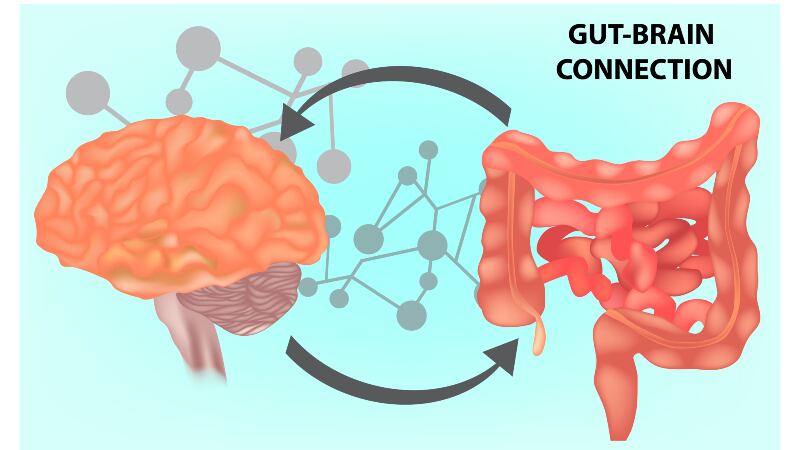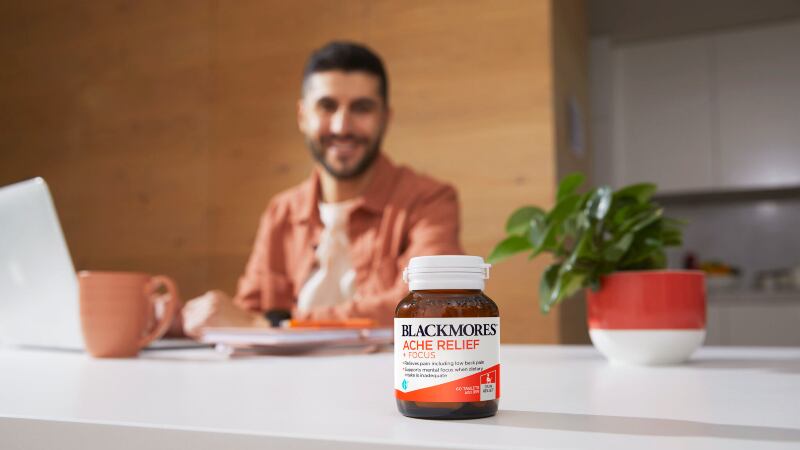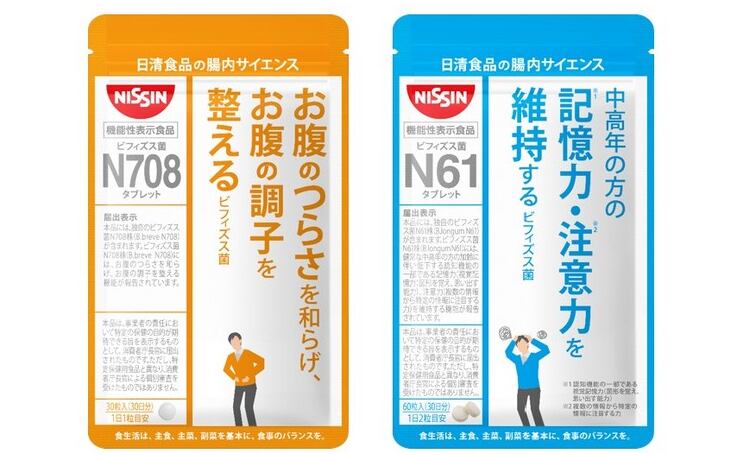To better understand the role of nutrition in supporting consumers’ health goals, Nutiani partnered with market research firm Ipsos to conduct a survey among 5,950 people across seven countries.
The findings, released in The Global State of Health and Wellbeing – Volume 2 report, revealed notable insights on customer perception and purchasing behaviours.
Based on the respondents’ awareness levels and attitudes towards nutrition and well-being, they were segmented into five groups.
Out of the five groups, three ranked stress as their top concern. More than 55% of the respondents said that they suffered from at least one health condition.
“As consumers become more informed about the stress-sleep relationship and gut-skin-brain axis, they have recognised that stress is closely linked to common health problems, including obesity, gut discomfort and sleep disorders,” the report stated.
Notably, previous studies have indicated a correlation between specific members of the gut microbiota, and cognitive function in middle-aged and older adults with cognitive impairment.
It was also claimed that supplementation with Lacticaseibacillus rhamnosus GG probiotics improved cognitive performance for this group.
Barriers to nutrition
At the same time, consumers are increasingly seeking all-encompassing nutrition solutions to achieve optimal health and enhance quality of life.
“Through the survey, we observed that consumers are looking to manage their physical and mental well-being holistically. However, there is no one-size-fits-all solution. This creates opportunities for brands to develop tailored solutions with products and strategies that speak to consumers’ unique motivations while addressing the challenges they face,” said Charlotte Ortiz, Global Brand Marketing Manager at Nutiani.
However, Ortiz noted that although the respondents shared a preference for a holistic approach to health and nutrition, their priorities and needs differ.
“People not only have different needs, but they also turn to different sources for information — from social media and online reviews to endorsement by professionals,” she added.
Despite greater accessibility to information in this day and age, more than half the respondents expressed a lack of confidence in making the right purchase decisions, due to the challenges in determining the credibility of a source.
Furthermore, conflicting information from different brands has proven to be a barrier for consumers, especially when it comes to products that boast nutrition and health-promoting benefits.
Consumers in China and South Korea, in particular, were “prepared to pay a premium” for products whose health claims are backed by scientific evidence.
They are also more prone to rely on word-of-mouth claims as the most trusted source of information.
“While consumers are aware of the importance of nutrition to achieve holistic health, existing solutions are not adequately addressing gaps in trust and information, and the growing interest in sustainability practices,” said Dan Luo, Director of Active Living at Fonterra.
In addition, the report highlighted that brands could invest in customer education, as well as demonstrate their expertise and the science behind their claims via methods such as clinical trials and targeted communication strategies.





